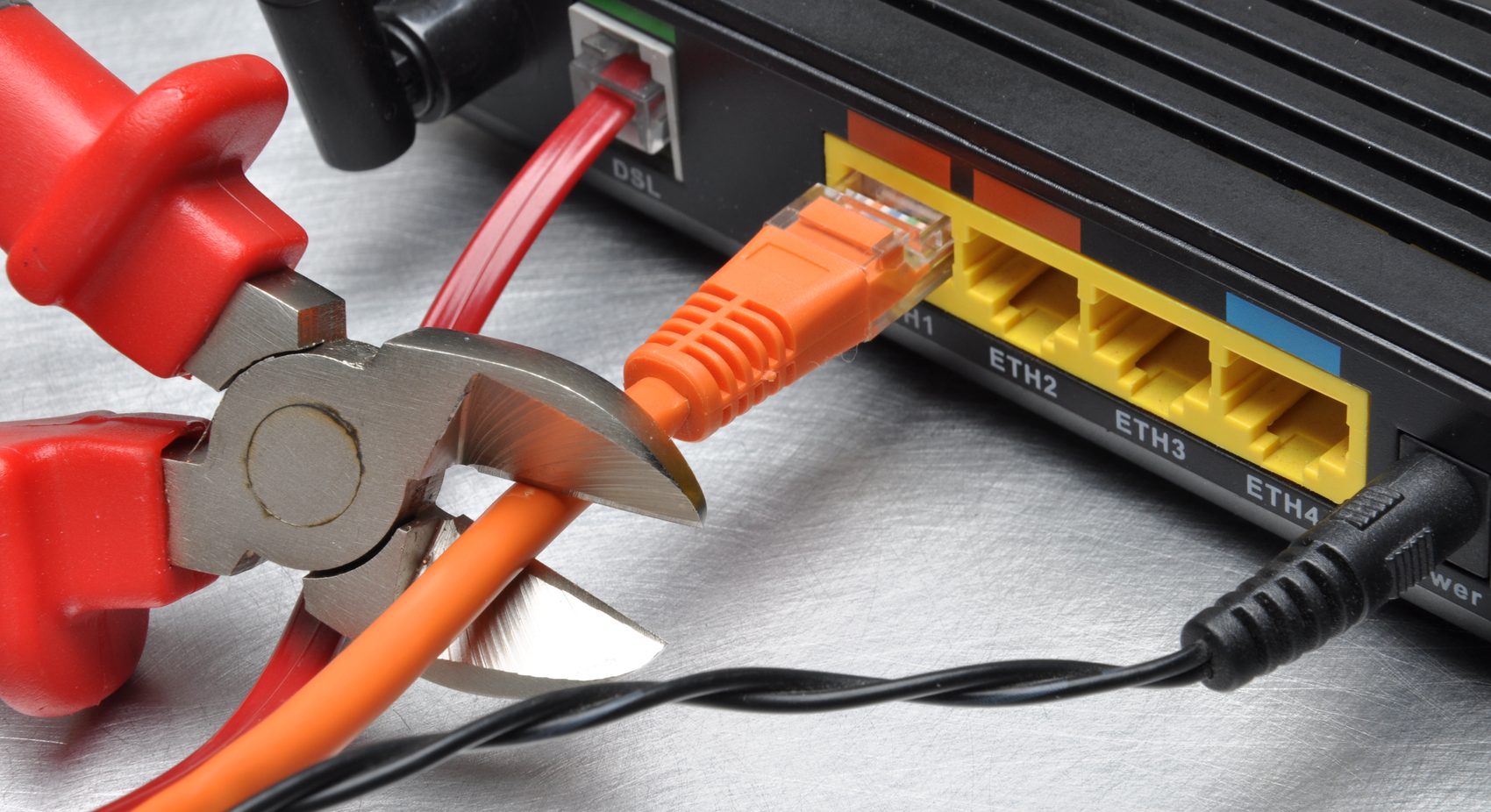The past few years has shown that having a quick, reliable internet connection is a must-have. As a result, consumers are increasingly fleeing cable for newer and faster alternatives.
That’s according to study conducted by RVA LLC on behalf of the Fiber Broadband Association, part of an annual study that looks at the changing dynamics of the internet industry. The study, with a sample size of 4,000, found 17% of respondents had switched internet service providers. Fiber-optic lines, which offer the highest speeds possible, picked up 15% of those switchers, while wireless internet nabbed 11%. Cable was the biggest loser, having contributed most of those switchers, with satellite a distant second.
The numbers underscore a desire by consumers to seek out the fastest available service, or barring fiber service, the most convenient with 5G home internet service. Interestingly, those wireless gains come despite that option emerging in a bigger way in just the last few years, compared to the longer legacy of fiber. Indeed, interest has picked up for wireless home internet, which we call Cord Cutting 2.0, because of the clear pricing, convenience and ease of installation.
While Verizon and T-Mobile have been in the 5G home internet game for a while, AT&T last week made its first foray into the business, launching in 16 markets.
“Wireless share improvement came from 5G bandwidth improvement, especially in areas where low quality DSL, low quality cable modem, wireless, or satellite were the only previous choices to the consumer,” the FBA study said.
An interesting stat in the report is how RVA breaks down the market share of internet providers. The study says cable internet only makes up 47% of the total internet business, which is far lower than other studies that are closer to two-thirds of the market. RVA said the difference lies in how it calculates the total market, noting that other studies look at the sum of cable subscribers from publicly traded cable companies compared to the total from all publicly traded wireline companies.
RVA, however, takes the much larger total of all household internet users, which gives the total cable industry 54% of the market. But if you excise the cable fiber business, the percentage drops to that 47% mark.
That decline and the shift away from cable comes even as the cable industry has upgraded their existing networks with higher speeds and moving fiber deeper into their network, the study said.
Customers are more happy about their fiber and wireless services, with fiber boasting a net promoter score — a measure of how often a person would recommend a service — of 25%, with wireless following with 18%.
“The level of consumer support for fiber broadband is rather striking,” the study said. “This data, combined with continually increasing (fiber to the home) availability, would certainly suggest continued market share growth for fiber broadband, and potential serious trouble ahead for cable share.”

